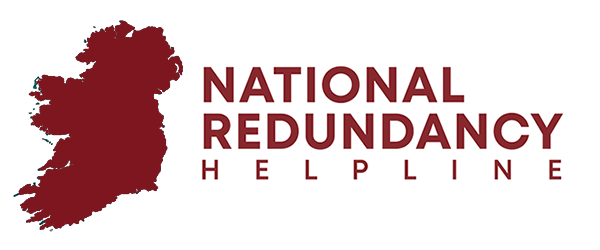
An aircraft leasing company claimed that it is unable to make redundancy payments to three workers in Ireland due to sanctions on Russia.
Avia Capital Leasing said this to the Workplace Relations Commission in regard to three cases brought by Sofija Krascuka, Alexandra Skavronskaja, and Anton Gremin.
All three worked with the Russian aircraft leasing company, and had their employment terminated on the same day in April 2022.
The three complaints to the WRC all stated that there had been some discussion in the company about possible changes in employment status in April.
On April 25, 2022, the complainants were told that their employment was being ended the next day due to circumstances outside of the company’s control.
This was due to EU sanctions on Russian entities, with BaFin (Federal Financial Supervisory Authority) in Germany freezing assets at VTB Bank (Europe) SE and leaving them unable to make salary payments.
As a result of Russia’s invasion of Ukraine “freezing sanctions” were placed on all “operations, assets and funds” of Avia, as both of its biggest shareholders VTB and GTLK were on the list of designated targets for sanctions.
The complainants stated that the company shut down completely on April 26, and there was no further communication.
Sofija Krascuka was a Junior Finance Manager with Avia since September 2015, with a salary of €2,750 gross per month.
Anton Gremin was a Technical Manager with Avia since May 2017, with a gross salary of €5,985.40 per month.
Alexandra Skavronskaja had been working with Avia as a Senior Finance Manager since January 2012 on €6,300 gross per month.
Redundancy is the term for when an employee loses their job because the position no longer exists, such as when a company closes down.
In the event that an employee is made redundant, they are entitled to compensation if they are 16 or older and have worked a minimum of 104 weeks of continuous employment.
The statutory redundancy payment consists of two weeks’ pay for every year an employee has worked, up to a maximum of €600 per week, along with one week’s pay up to a maximum of €600.
Willing But Unable to Pay
Representatives for Avia stated that the company is perfectly willing to pay the complainants their redundancy, but is unable to do so due to a lack of bank accounts in Ireland, the EU, or the US.
The company is also unable to access funds in Germany, where its accounts are maintained, due to actions by the Federal Financial Supervisory Authority.
Avia submitted that it had approached the Central Bank of Ireland seeking a licence to arrange for the payment of legal services associated with the WRC proceedings.
However, the Central Bank rejected this application as the company has no funds in Ireland.
Avia’s representatives said the company had a “genuine desire” to pay redundancy to its former employees. However, the company was stuck without the ability to do so at this time due to a lack of financial resources.
Adjudicator’s Decision
The decision from adjudication officer Roger McGrath said that this is a very unfortunate situation where workers have been left “high and dry” as a result of sanctions on Russia.
He found that all three workers were made redundant, and are entitled to redundancy payments. However, he also found that the company is unable to pay the redundancy lump sum
The decision awarded all three complainants a statutory lump sum based on the length of employment and gross weekly pay.


